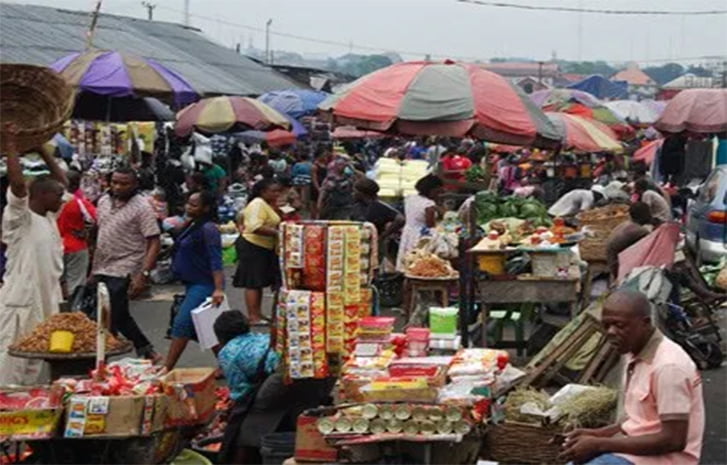Polio remains a threat in Nigeria as over 100,000 child are yet to be immunised against the disease in the northeastern part of country, Minister of Health, Isaac Adewole, says.
The minister said this is despite the government making considerable progress in immunisation programmes in the region.
Mr Adewole stated this at the annual meeting of African Regional Certification Commission for Poliomyelitis Eradication, ARCC, in Abuja on Monday.
The five-day meeting is being attended by participants from across Africa and development partners.
They will be reviewing the progress and update reports prepared by Kenya, Equatorial Guinea, Guinea Bissau, Angola, South Sudan, Central Africa republic, Mauritania and Nigeria in polio eradication activities.
This will include national preparedness and response plans to polio events/outbreaks; and updated reports on polio laboratory containment activities.
The minister said in spite of the setback in Nigeria largely due to the Boko Haram insurgency that makes some areas inaccessible to health officials, Africa has made remarkable process towards eradicating poliomyelitis.
To back up his claims, Mr Adewole said in 2012, the African region reported 128 wild poliovirus (WPV) cases, which accounted for more than half of the global burden.
But in 2013, only about 76 cases were reported; 2014, about 17cases and no case was reported in 2015.
“Nonetheless, in 2016, after almost two years, four cases were confirmed from areas that were under Boko Haram insurgency in Borno State in Nigeria and the outbreak was successfully contained,” he said.
Mr Adewole explained Nigeria remains on the list of polio endemic countries because some areas in the northeast remain inaccessible to the polio programme.
The last case of Wild Polio Virus (WPV) was reported 21 months ago in Monguno LGA, Borno state.
Nigeria as at 2016 was on the verge of being certified polio-free by the World Health Organisation before the four new cases were reported.
This has stalled the certification of Nigeria polio-free. Before a country is certified free, it has to have recorded no case of polio for three consecutive years.
Before the last discovery, Nigeria went 23 months without any confirmed case of WPV1 between July 2014 and July 2016.
However, the minister said following the outbreak, government declared a state of emergency and held a sub-regional emergency meeting of all governments in the Lake Chad Basin.
“A close collaboration with the military and civilian Joint Task Force in Borno has facilitated increased accessibility to immunisation programme.
“An estimated 71 percent of settlements in Borno have been accessed for vaccination at least once,”he added.
Also speaking at the event, the chairperson ARCC, Rose Leke, said to successfully eradicate polio from the region, there is a need to strengthen surveillance in most countries and high level of routine polio immunisation across boards.
This, she said is necessary because polio can be imported across borders leading to a resurgence of cases in other countries, especially if their children are poorly immunised and have low immunity against the disease.
Ms Leke said Nigeria can effectively eradicate polio with high surveillance and increased levels of immunisation across the country.
“In spite of the insecurity, Nigeria has done a lot. The northeastern area had vast risk but the government has been able to go in and little by little it is closing up.
“There are just about 100,000-200,000 children that are yet to be reached. We just have to be careful and cannot say anything for now on when the country will be polio free until we are certain we have covered up the remain region in the country,” she said.
Ms Leke also called on state governments to step up efforts in routine immunisation programme, saying current efforts are still very low in Nigeria.
“State governments need to collaborate with the (federal) government to achieve high immunisation coverage. Some of them have not been cooperative, this has to change.
“If the community immunisation is low, the tendency of being infected with the virus is very high. We can have importation of polio across the continent, so we want to have quality surveillance and strengthen routine immunisation in many countries that are not yet doing very well,” she said.
Speaking with journalists, a participant, Oyewale Tomori, said Nigeria cannot boast of eradicating polio until the high risk region in the North-east and borders are effectively covered with polio immunisation.
He said though the government has been doing a lot, there are still challenges in the borders.
“Access to most of the children is still a major problem. Though the government is collaborating with the other governments of countries in the region, the challenge of insecurity and lack of resources on their part has been stalling progress.
“I cannot say when we will be certified polio free and there should be no rush to declare. Until we reach a zero case unit, we cannot relent,” he said.



